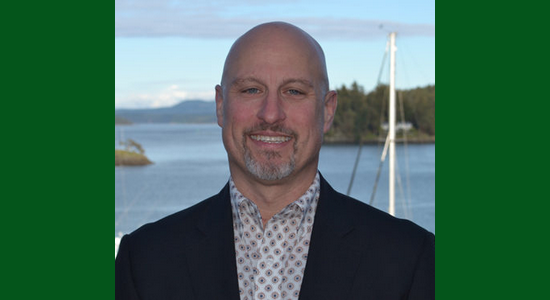— from Alex MacLeod —
Last fall, a group of Shaw Islanders grew concerned when word circulated that the longtime owners of the Shaw General Store were putting it, and adjacent properties, including the Shaw post office, up for sale. When no one stepped forward to buy it, they began looking for a way to raise property taxes to fund the purchase.
To do so, they chose a a special taxing district — a Parks and Recreation District —to do so and collected the necessary petition signatures by saying the tax money, if approved, would be “to maintain critical services such as postal service, grocery store services, and marine access and leased parking for emergency service providers.”
There is just one problem: the law that allows for that kind of taxing district is restricted “to providing leisure time activities and facilities and recreational facilities … (such as) parks, playgrounds, gymnasiums, swimming pools, field houses, bathing beaches, stadiums, golf courses, automobile racetracks and drag strips, coliseums for the display of spectator sports, public campgrounds, boat ramps and launching sites, public hunting and fishing areas, arboretums, bicycle and bridle paths, senior citizen centers, community centers, and other recreational facilities.”
The fact that the petition’s stated objective was well outside the scope of the law was either overlooked or ignored by Randy Gaylord, the prosecuting attorney, who advises the County Council on legal matters, and the auditor, Milene Henley, who presents ballot issues to the council, when it came before the council to decide if it should move to the ballot. One council member asked if Gaylord had approved the petition; Henley said the law didn’t require his approval.
It then fell to Gaylord to write the official ballot title, the language that would go before Shaw voters in the November general election for approval or rejection. In doing so, he replaced the objectives stated in the petition with something entirely different: “authority to conduct leisure time activities and provide facilities of a non-profit nature as a public service to the residents of Shaw Island.”
Never mind that the ballot title in no way reflected the petition Shaw voters signed.
When asked, he said his ballot title was “based upon the statutory authority for Recreation Districts…(describing the statutory authority in the broadest way allowed by statute.” This is the same statutory authority that would have rendered the petitions invalid, had Gaylord or Henley paid any attention.
In addition, Gaylord initially sought to keep private his written communication with Henley on the subject, citing attorney-client privilege, releasing it only after he said Henley waived her rights as his “client.” What he had refused to release was nothing more than a document formally setting the titles for this and other such measures, and including to advice or expression of legal opinion. It turned out to be a document Henley previously, and correctly, had made public.
What Gaylord won’t answer is whether the Shaw effort complied with state law in the first place or if he thinks it is appropriate, for whatever reason, to change the petition’s stated objectives to others of his choosing.
This fits a long-running pattern of lazy legal work and his desire to avoid accountability. With any luck at all, this will be his final term as the county’s attorney.
In the meantime, the owners of the Shaw store have taken it and the rest of their property off the market. It will stay in the family and be operated by a younger family member. The island is relieved and please with the new energy at the store. We’ll now wait until November to see what affect Gaylord’s rewriting of the goals has on the election.
Alex MacLeod is a longtime Shaw resident.
**If you are reading theOrcasonian for free, thank your fellow islanders. If you would like to support theOrcasonian CLICK HERE to set your modestly-priced, voluntary subscription. Otherwise, no worries; we’re happy to share with you.**







